Article: Exploring Curation as a core competency in digital and media literacy education.
In today’s hypermedia landscape, youth and young adults are increasingly using social media platforms, online aggregators and mobile applications for daily information use. Communication educators, armed with a host of free, easy-to-use online tools, have the ability to create dynamic approaches to teaching and learning about information and communication flow online.
In this paper we explore the concept of curation as a student- and creation-driven pedagogical tool to enhance digital and media literacy education. We present a theoretical justification for curation and present six key ways that curation can be used to teach about critical thinking, analysis and expression online.
We utilize a case study of the digital curation platform Storify to explore how curation works in the classroom, and present a framework that integrates curation pedagogy into core media literacy education learning outcomes.
Learn more / En savoir plus / Mehr erfahren:
https://gustmees.wordpress.com/2013/04/25/learn-every-day-a-bit-with-curation/
http://blog.scoop.it/2011/11/30/lord-of-curation-series-gust-mees/
http://www.scoop.it/t/21st-century-learning-and-teaching/?&tag=Curation
https://gustmees.wordpress.com/2015/05/13/andragogy-adult-teaching-how-to-teach-ict/



 Your new post is loading...
Your new post is loading...

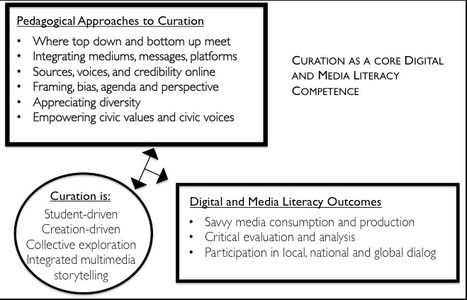

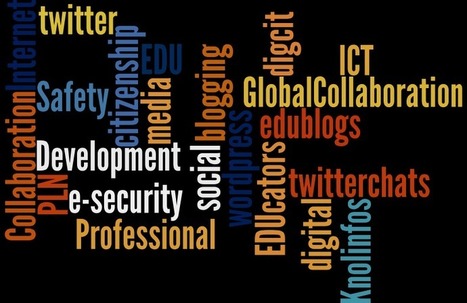
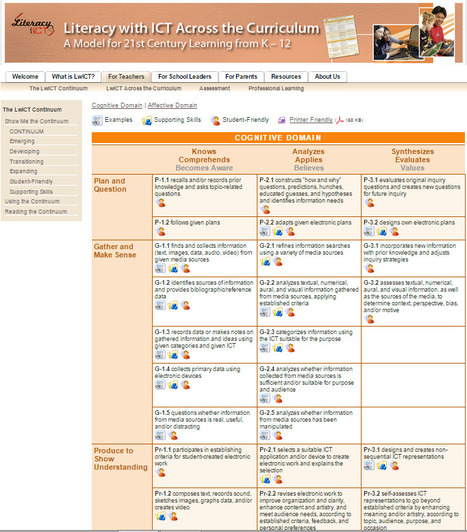
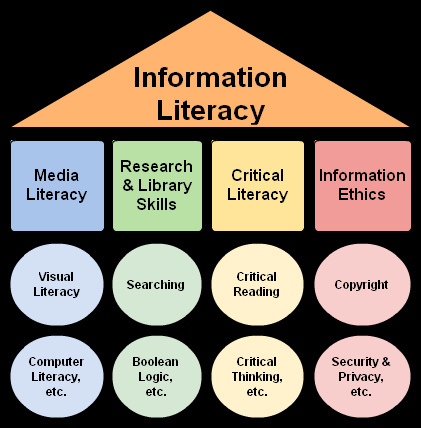



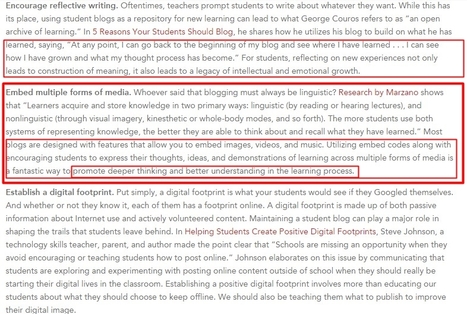
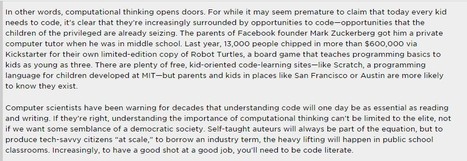

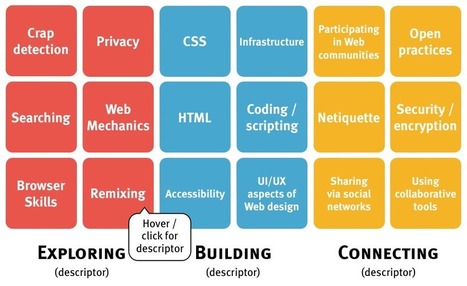

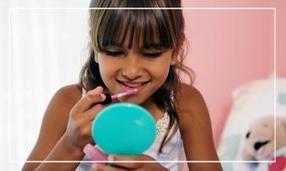
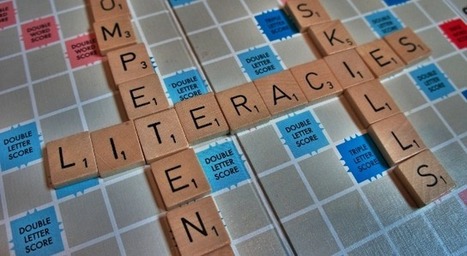
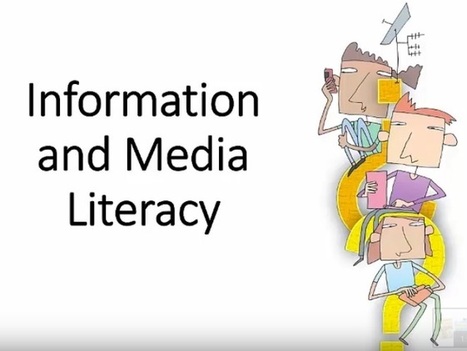

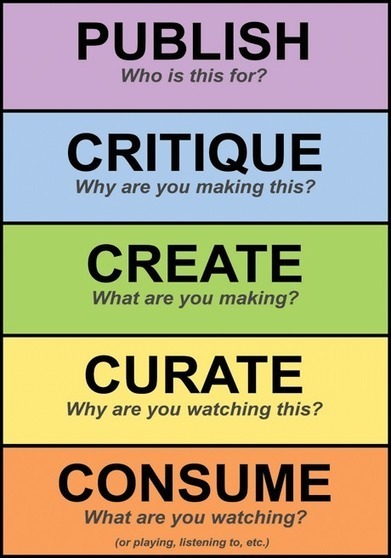









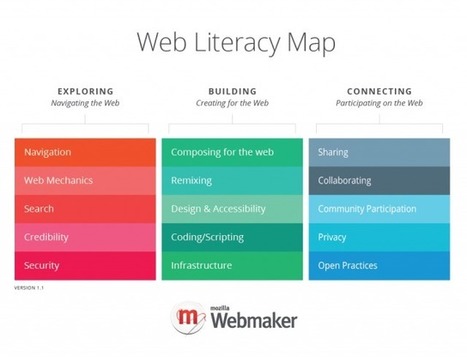
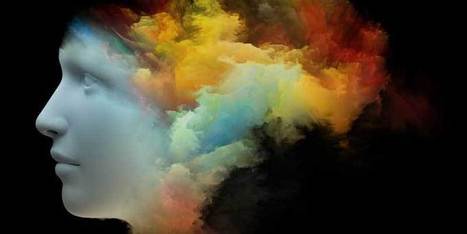
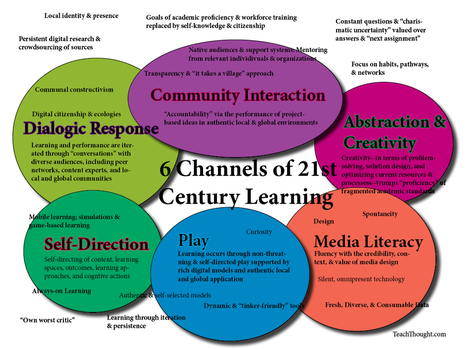


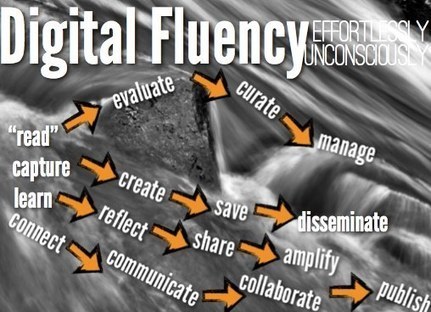
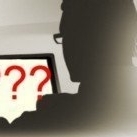





This concept is new to me, although I have practiced this in different forms. It seems logical to utilize this pedagogical approach to curation for students, parents, and teachers alike. We are all learners in today's rapid pace in technological changes.